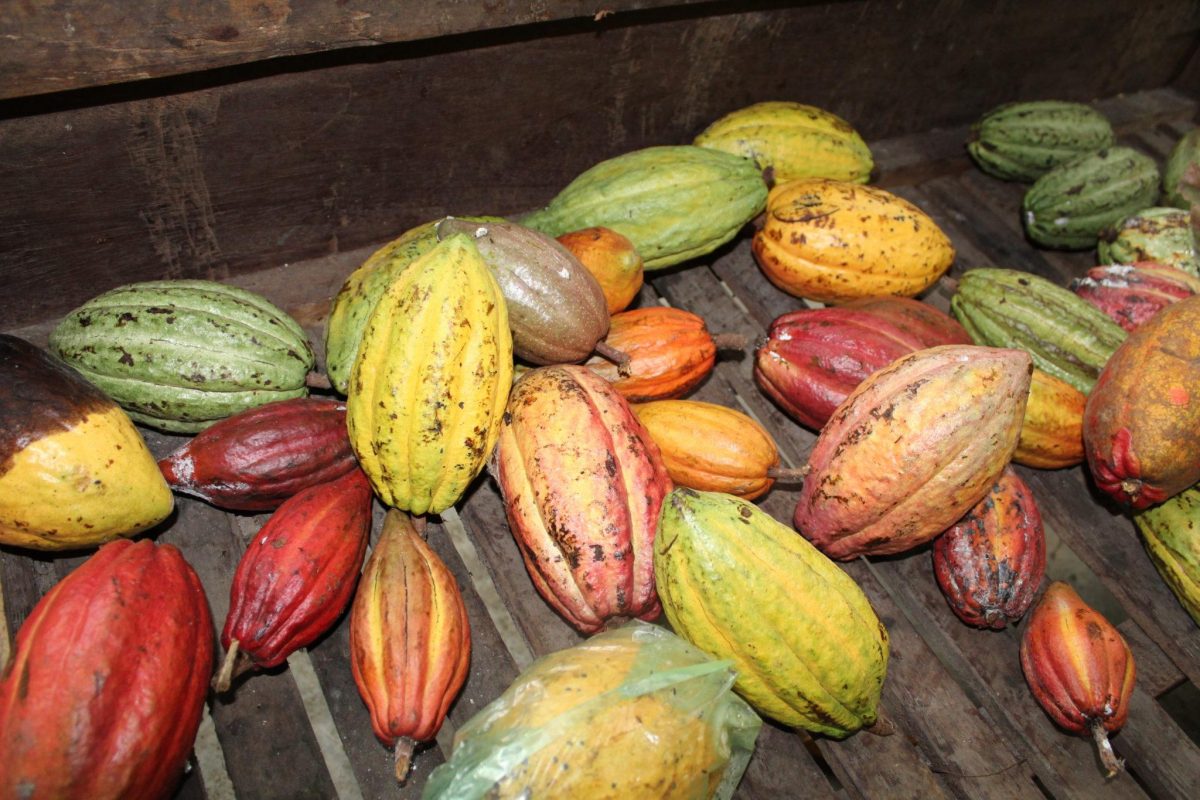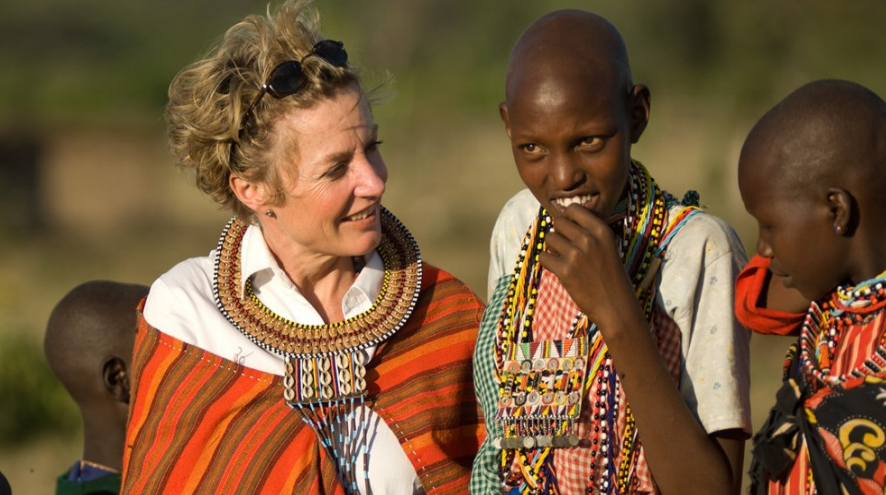After the cocoa industry was blamed for the many child labour scandals and because cocoa producers were being paid prices that were far too low, large chocolate companies took initiatives to improve the sustainability. What is the current situation, particularly after the cocoa price on the world market dropped significantly last year?
Even while market conditions are tough, across cocoa-producing regions cooperatives resolutely choose for sustainable or organic production and fair trade. Twenty of these cooperatives are supported by the Trade for Development Centre (TDC). To put a face on their endeavours, we visited Ghana and Côte d’Ivoire as well as Bolivia and Vietnam.
How sustainable is today’s cocoa?











